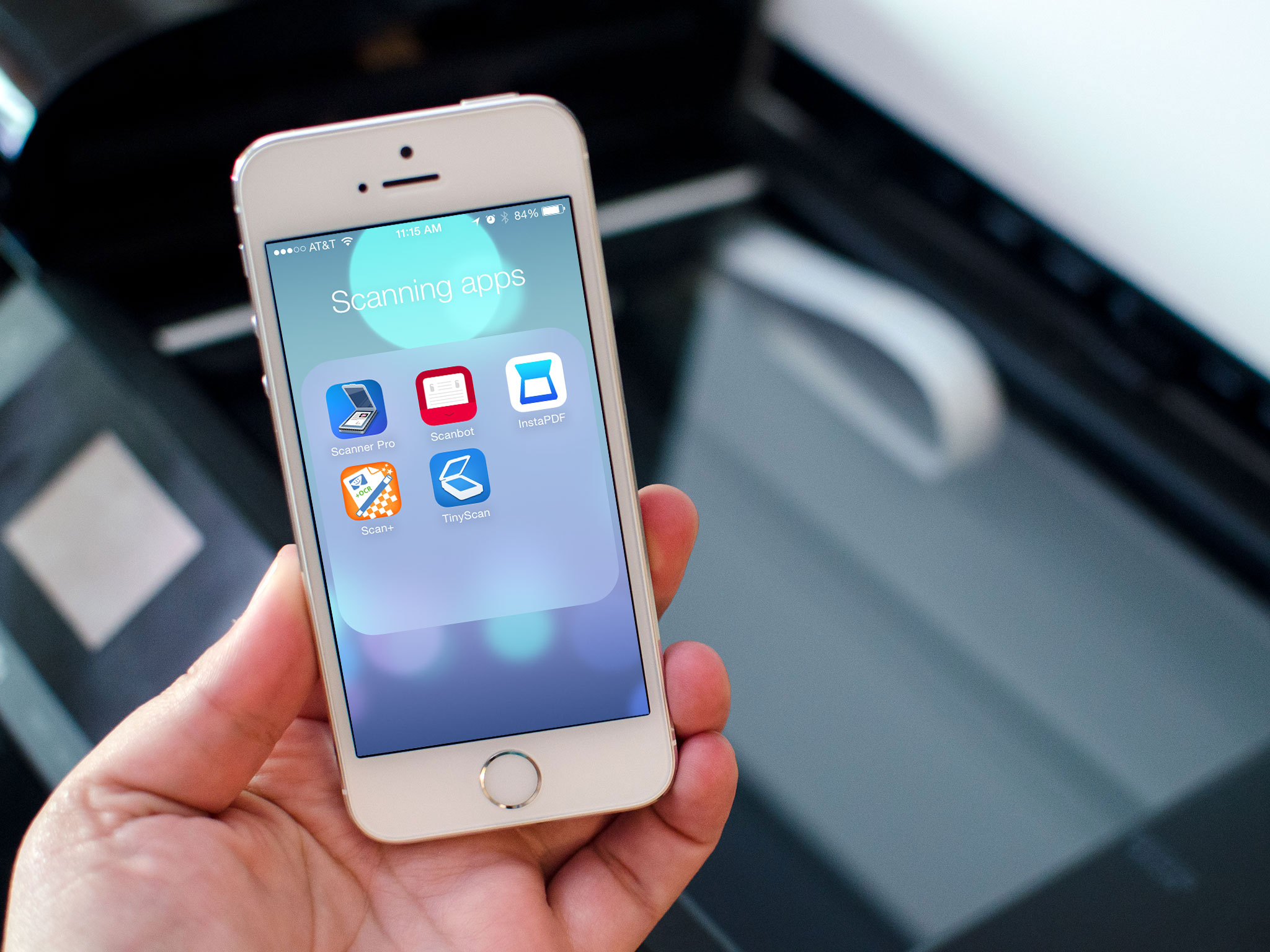NSFW: Learning and unlearning, Taptic panic

Now, in fairness, I don't do any really high-resolution scanning. For me scanning is pure utility: Needing to legibly digitize real-world documents. But it's an evolution. And so much of how we use our devices is about evolution.
Even a couple of years ago, having a scanner was a core requirement of whatever printer I was shopping for. I still have that printer — a multifunction device that scans, prints and faxes. But for the occasional page printed, it doesn't see a lot of action these days.
Now I use Scanner Pro from Readdle to scan documents. The iPhone 6's camera was so good, and Scanner Pro worked so well with my workflow, that the switch happened pretty seamlessly. All of a sudden, one day, I was scanning using Scanner Pro.
At this point I suspect my next printer — if I have to buy another printer — isn't going to need scanning in order to be worth my while. The iPhone and the App Store have filled that need differently, and more effectively.
It makes me wonder what else I won't be doing on my Mac in a few years. Not that I'm worried about it, mind you. But I am curious about the evolution of mobile and desktop operating systems, and the constantly shifting and changing landscape of features, functionality and workflow.
In just a couple of months Apple will give developers the first look at what's to come in OS X and iOS when the tribe gathers in San Francisco for WWDC. Many of us are banking on this being a rebuilding year: That Apple will take a step back from top-loading a lot of new features and interface changes in favor of tightening up the sometimes bulging seams of its current platforms.
I assume that no matter what happens, we will have to adapt somehow. That it won't be 100 percent smooth. But I'm confident that in the end, we'll be better off than where we are today, because we always are.
Master your iPhone in minutes
iMore offers spot-on advice and guidance from our team of experts, with decades of Apple device experience to lean on. Learn more with iMore!
Rumors surfaced this week that production of the Apple Watch has been hampered by low production yields of the Taptic Engine, the force touch technology inside the Apple Watch. Apple's supplier is having trouble making parts that work in large enough quantities for Apple's needs. There's no indication that a large quantity of faulty Taptic Engines are in the hands of any actual Apple Watch customers: The low yield rates are affecting production, if anything.
I didn't get in an order in for my watch until the early hours of Friday morning. What's more, I want the same one as many others: a 42 mm space grey Sport model (to match my iPhone 6, of course). So it's no surprise that my order is backlogged until late May. I hope the Taptic Engine yield problems don't knock that further behind.
Though low production yields weren't the problem when the iPhone 6 debuted — high demand was — Apple soldiered through it and ended up underpromising to many customers and overdelivering: Getting iPhones into their hands weeks before they said they would, initially.
I had hoped that "underpromise and overdeliver" is still standard operating procedure. And indeed, the day my order was placed, it said June, but Apple's since revised it to between May 29th and June 11th. That gave me the faint hope that maybe I'll see mine sooner, rather than later. But if production of the Taptic Engine is indeed the problem, I may remain frustrated still.
Oh well. The Apple Watch is going to be a great device to help me manage health issues, but even then it's a want, not a need. Last time I checked Maslow's Hierarchy of Needs I didn't see "wearable tech" on there, though I guess there's a case to be made for Wi-Fi these days.
One thing I know for sure: Tim Cook's core competency is managing supply chain issues; it's what he did when he was chief operating officer of Apple, and one of the reasons why the company is the most profitable consumer electronics business in the world. Supply chain management is one of the things that has made him such a force within Apple. So I have no doubt that Apple can manage this problem, if there even is a problem.

